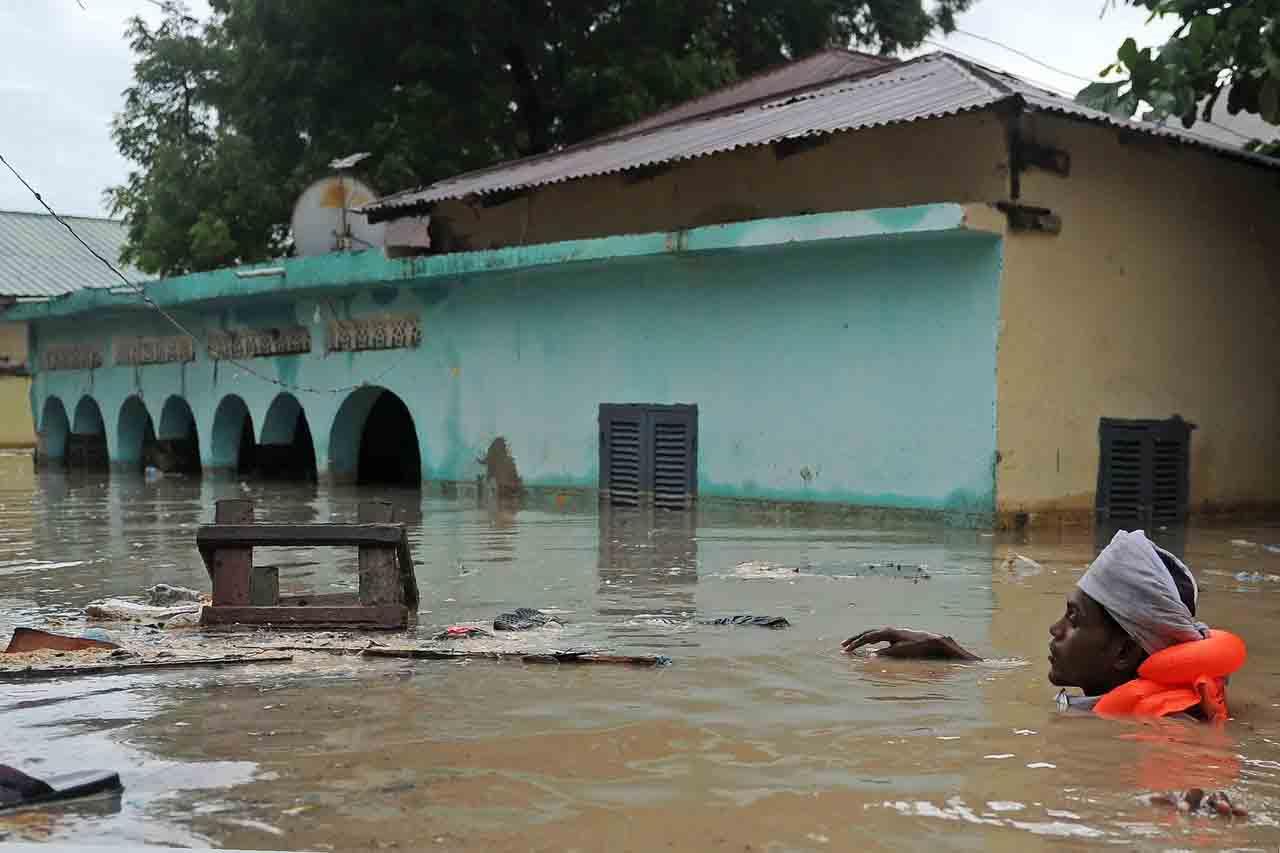MOGADISHU, June 14 (Xinhua) -- At least 53 people were killed and some 229,000 others affected by tropical cyclone Sagar that caused heavy rains and flooding in Somaliland and Puntland in northern Somalia in May, the UN humanitarian agency said on Thursday.
Citing estimates from local disaster management authorities in the two regional states, the UN Office for Coordination of Humanitarian Affairs (OCHA) said 50 people were killed in Somaliland while three lost their lives in Puntland.
"The subsequent floods and strong winds exacted a heavy toll on infrastructure and farmland, leaving many people dead and thousands of others displaced. Basic infrastructure, including water sources and communication equipment, collapsed in many areas," OCHA said in its latest Flash Update.
The latest update comes after a powerful tropical cyclone with winds in excess of 120 km/per hour and an entire year's worth of rain which landed in Somalia on May 19 left in its path a trail of destruction, with thousands of people still counting their losses.
According to the UN, the cyclone Sagar tore through the coastal north of the country, destroying homes and livelihoods in its wake.
The UN humanitarian agency said communities in the coastal areas of Somaliland and major portions of Awdal district, as well as some coastal communities in Puntland are still reeling from the impact of Sagar.
The UN agency said the cyclone affected nearly 168,000 people in the five worst-hit districts of Somaliland - Baki, Lughaya and Zaylac in the Awdal region, and Berbera in Woqooyi Galbee.
According to OCHA some 60,800 people along coastal areas were affected by the flooding and heavy rains in Puntland.
The UN humanitarian agency will be releasing about 3.5 million U.S. dollars for response to the impact of the cyclone for Somaliland communities affected.
"The funds will be used for emergency rehabilitation of prioritized communal infrastructure (schools, water points, hospitals, nutrition centres), for support to integrated emergency response teams, and integrated response activities focusing on shelter and livelihoods support," said OCHA.





